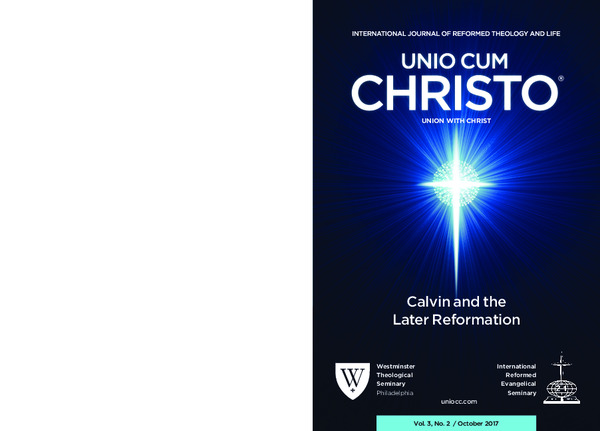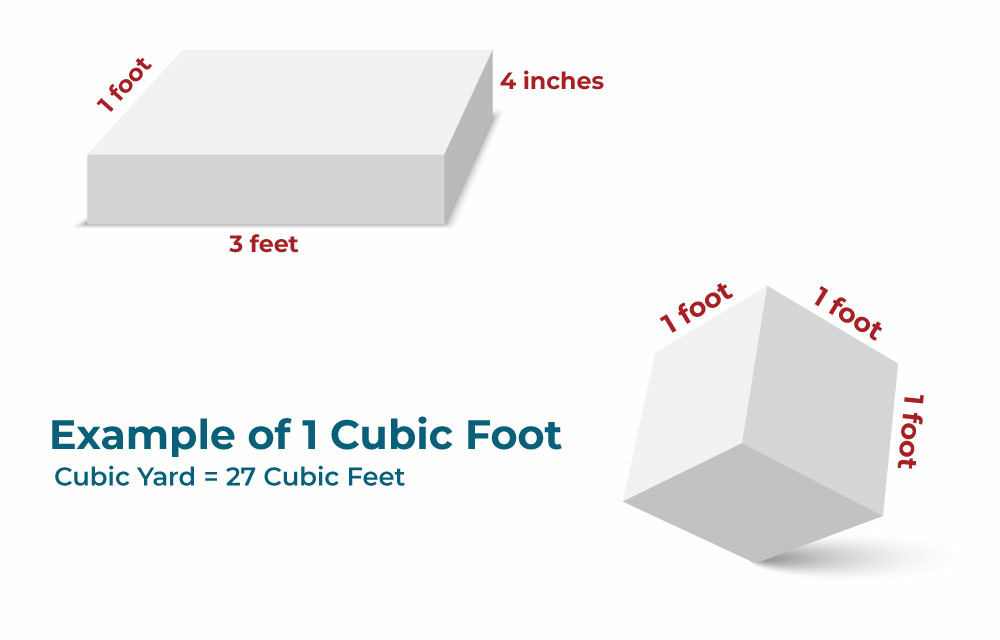Home » Business » UAE’s new reporting requirements target real estate transactions settled with digital currencies
The United Arab Emirates (UAE) introduced new anti-money laundering and countering the financing of terrorism (AML/CFT) reporting requirements for real estate transactions settled with digital assets. The directive requires real estate agents and law firms to report all real estate transactions involving any digital asset.
The order was issued by the Ministry of Justice (MoJ) and the Ministry of Economy (MoE) in cooperation with the Financial Intelligence Bureau. The reports must be submitted to the FIU and apply to both companies and individuals.
The rule also requires transactions of AED 55,000 (about $15,000) or more in cash and other funds derived from digital assets to be reported to the government.
In a press release issued by the UAE Ministry of Foreign Affairs and International Cooperation (MOFAIC), the government said the rules are aimed at curbing money laundering and terrorist financing. UAE Minister of Justice Abdullah Sultan Bin Awwad Al Nuaimi noted that the rule addresses “known and emerging risks” in the region.
FUI head Ali Faisal Ba’Alawi and Economy Minister Abdulla bin Touq Al Marri also echoed the same sentiments.
“These new measures will improve the quality of financial intelligence available to the FIU and will be used to track suspicious movements of funds or investments as part of the fight against money laundering and terrorist financing,” Ba’Alawi said.
The UAE is developing its status as a digital asset and Web 3.0 hub
The rule comes as more real estate companies in the region begin accepting payments for digital assets. One such company is luxury real estate developer DAMAC.
According to a Bloomberg report, the UAE’s digital asset market has also attracted nationals from sanctioned countries such as Iran and Russia. The UAE’s lack of sanctions against these countries has also put it on the radar of the Financial Actions Task Force (FATF).
At the same time, the UAE has continued to pursue its goal of becoming a global hub for digital assets. The government has introduced regulations for digital assets and established the Virtual Assets Regulatory Agency (VARA) to enforce the rule.
In a recent move, the Dubai government also announced a metaversal strategy that it plans to follow to become one of the top 10 metaversal economies in the world and create 40,000 jobs in the virtual space.
Watch: BSV Global Blockchain Conference Presentation, Marhaba: BSV Middle East
New to Bitcoin? Check out CoinGeek’s Bitcoin for Beginners section, the ultimate resource guide to learn more about Bitcoin – as originally envisioned by Satoshi Nakamoto – and blockchain.



